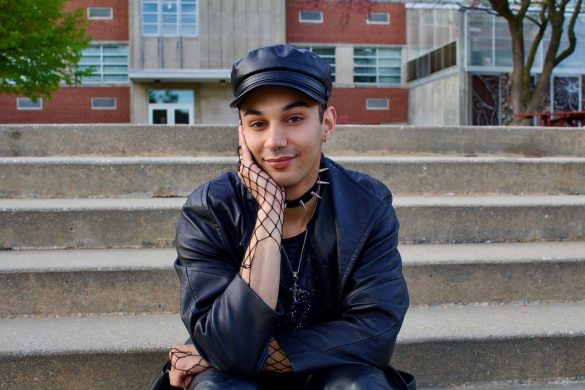The United States has many issues, and at the forefront right now is race. The protests stemming from George Floyd’s death and the cancellation of NBA playoff games and NFL team practices all were in response to police brutality. There are many reasons for the current law enforcement issues, but at the root is problematic police training in certain key areas, or rather the lack thereof.
I do not dispute the fact that being a police officer is an extremely stressful job. But this does not excuse the problems evident in our nation. A major part of the U.S. population does not trust the police. According to the Pew Research Center, 61% of U.S. adults think police officers act unethically at least some of the time. Many of the issues involving police could be alleviated by an increase in comprehensive training of police officers.
The U.S. Constitution gives no general police powers to the federal government, meaning the states have discretion over how to mandate police training. In Indiana and 36 other states, police officers can act as an officer for 12 months before they must complete basic training to become a police officer, and during those 12 months, officers have “full authority to detain, arrest, incarcerate, or even kill without ever attending basic police training,” according to The Institute for Criminal Justice Training Reform. The Institute for Criminal Justice Training Reform is an organization intended to protect the public and police by reforming police training.
Police officers should not have the ability to work in their job for a whole year in Indiana without training. In no other field involving life and death decisions is this acceptable. Nurses and doctors cannot go into surgery and help patients without training. Members of the military cannot serve our nation before completing basic training. It should be the same for police officers.
In addition, the training that police do receive is not adequate for the job. Approximately 25% of people killed by police exhibited signs of some form of mental illness, according to the Institute for Criminal Justice Training Reform. Yet officers on average only spend 10 hours of their training on mental health crisis intervention, according to the Institute for Criminal Justice Training Reform.
In Indiana, implicit racial bias training was not required for officers until the 2017 shooting of Aaron Bailey, according to an article by the Indianapolis Star. Officers now only have to go through eight hours of racial bias training in Indiana, according to CBS News.
After the Black Lives Matter protests began in Indianapolis, the rules and procedures of de-escalation training for the Indianapolis Metropolitan Police Department changed in 2020. However, there is no minimum amount of training required for police officers to complete de-escalation training according to an article from WTHR. Compare all of this to the fact that on average police spend 180 hours on self-defense and tactics training. Officers are going to rely more on self-defense than de-escalation.
Officers in Indiana also do not receive enough training overall. According to the Indiana Law Enforcement Academy, the state’s center for law enforcement education, officers spend more than 600 hours in training. However, this is not nearly enough training for someone who is going into critical situations. Police officers are given weapons and firearms that can and have taken the lives of civilians but receive less training than cosmetologists to receive their license, which is 1,500 hours, according to beautyschoolsdirectory.com. Other jobs that require more training than police officers in Indiana include plumbers, electricians, and barbers. The minimum number of hours required to become a police officer is too little for them to be expected to handle life and death situations responsibly.
The problems stemming from police in the United States will not be solved overnight or by one singular action. However, increasing comprehensive training for officers in de-escalation, racial bias and mental health intervention is a step in the right direction. As a society, we have a right to hold officers accountable for their actions, but we also must properly equip officers to take the proper actions.








